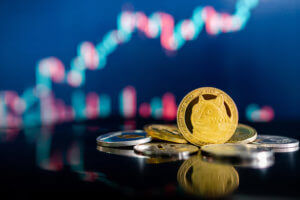
3 Things You Need to Choose the Right Financial Advisor
Financial advisors are your best option if you need a specialist’s perspective on complex financial activities, such as investing or applying for a mortgage or pension benefits. Professional financial consultations can be pretty expensive, although








